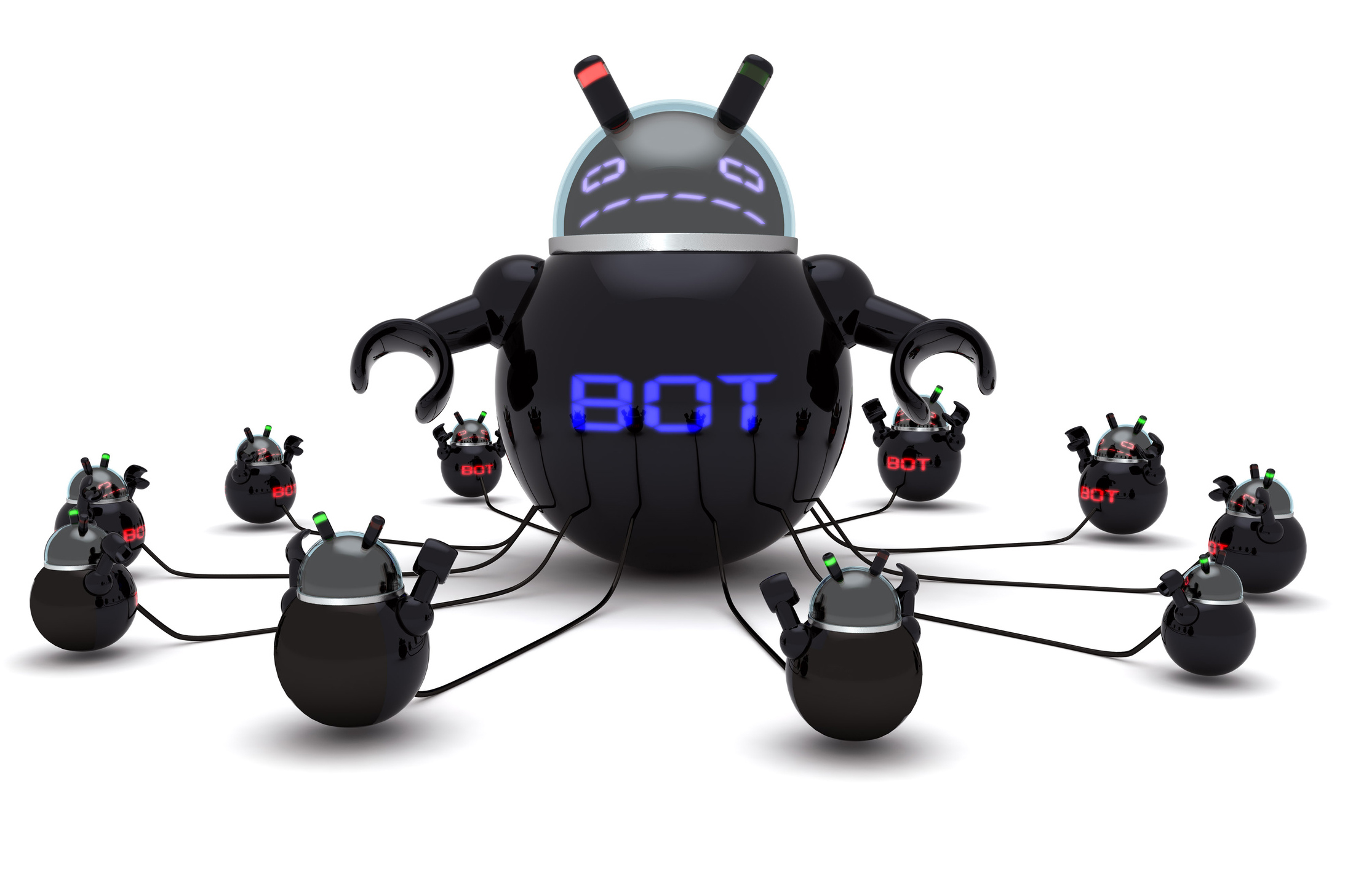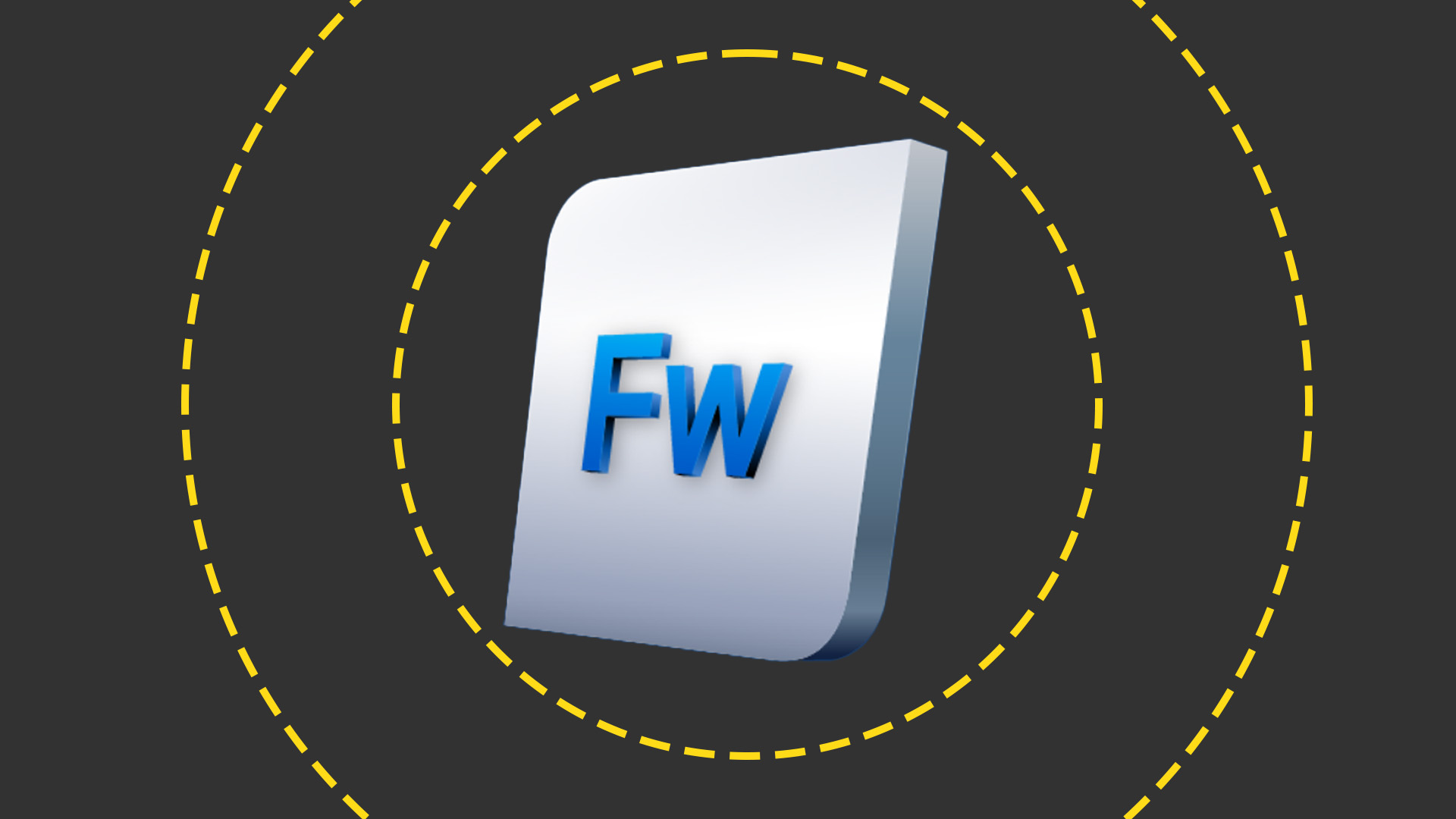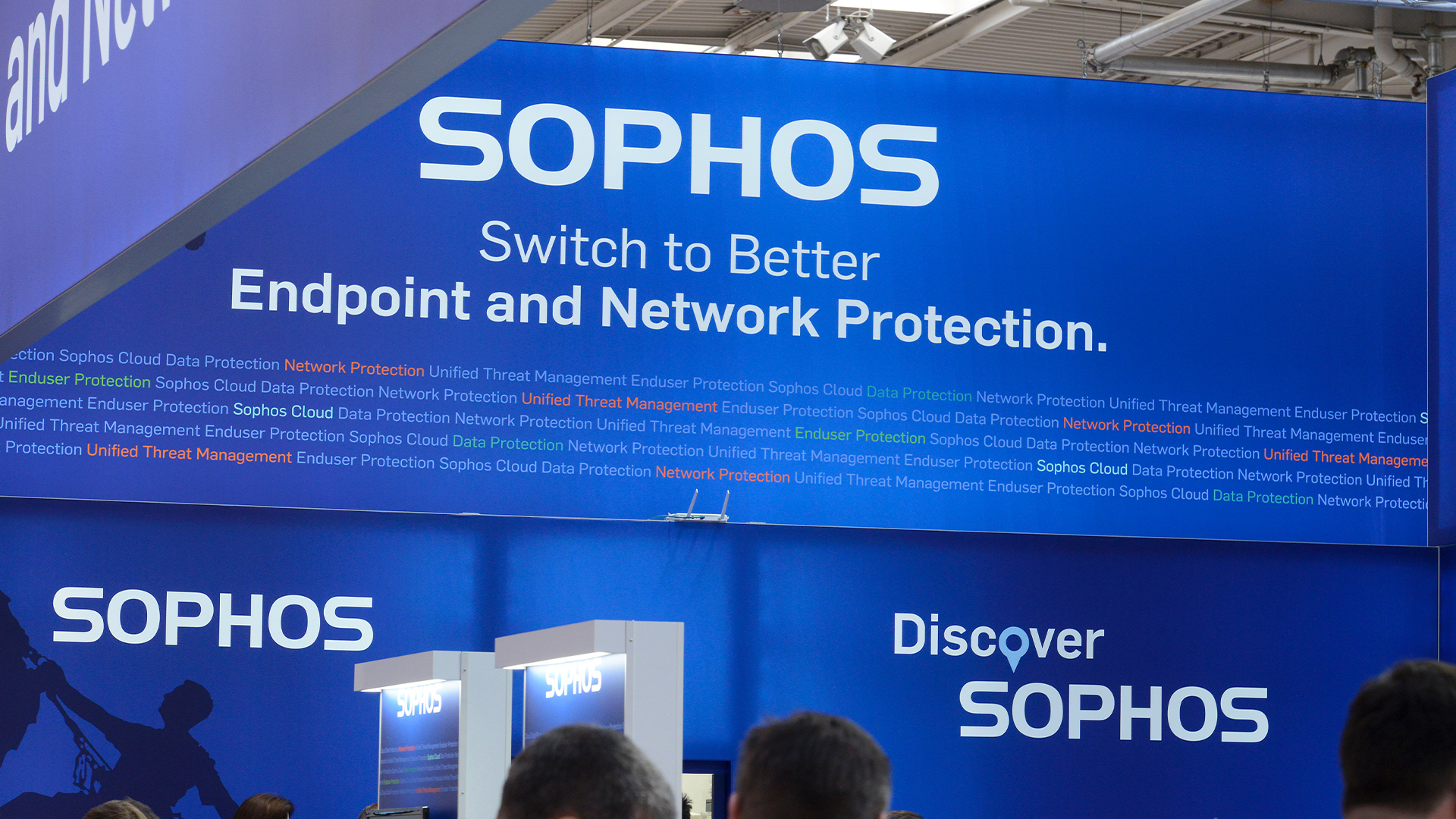Microsoft $250,000 reward targets Rustock gang
The software giant appeals for information that might lead to conviction of spam botnet creators


Sign up today and you will receive a free copy of our Future Focus 2025 report - the leading guidance on AI, cybersecurity and other IT challenges as per 700+ senior executives
You are now subscribed
Your newsletter sign-up was successful
Microsoft late yesterday took its pursuit of the cyber criminal gang responsible for the Rustock botnet a step further.
It announced a $250,000 (155,619) reward to anyone with information that could help its Microsoft Digital Crime Unit (DCU) with investigations in pursuit of a civil lawsuit against the gang.
After publishing notices in two Russian newspapers last month to notify the Rustock operators of the suit, Richard Boscovich, Microsoft Digital Crimes Unit senior attorney announced the reward incentive on the Official Microsoft blog late yesterday.
He said the money would be paid to anyone with new information that could lead to the identification, arrest and criminal conviction of the gang's members.
"This reward offer stems from Microsoft's recognition that the Rustock botnet is responsible for a number of criminal activities and serves to underscore our commitment to tracking down those behind it," he wrote.
Microsoft already took credit in March for disrupting the mega botnet that, by the end of last year, was responsible for nearly half of all spam.
The DCU also reported earlier this month that the operation, known as Operation b49, to sever connections to Rustock's central servers had halved the scale of infection of known IP addresses.
Sign up today and you will receive a free copy of our Future Focus 2025 report - the leading guidance on AI, cybersecurity and other IT challenges as per 700+ senior executives
"There are still hundreds of thousands of infected computers around the world yet to be cleaned of the botnet malware," Boscovich warned.
Before the DCU operation, not only did Rustock have the capacity to send 30 billion spam mails every day, Microsoft said it was responsible for a number of other crimes as well. These included advertising counterfeit or unapproved versions of pharmaceuticals, and violating the trademarks of the pharmaceutical manufacturer Pfizer and Microsoft.
"We also believe the Rustock bot-herders should be held accountable for their actions," Boscovich added.
Microsoft is offering free information and resources to clean up the systems of users who suspect their computers have been infected by the Rustock malware.
Paul Ducklin, head of technology in Asia Pacific for security software firm Sophos, pointed out Microsoft has been offering the same size rewards for information leading to cyber criminal gangs for some years now.
"Rewards like this aren't new to Microsoft nearly eight years ago, the software giant announced a $5 million fighting fund to encourage people to dob in their virus-writing chums," he wrote in a wrote in a blog yesterday.
But Ducklin questioned the effectiveness of the tactic, saying the reward's monetary value nowadays paled into insignificance against the potentially vast sums of money cyber crooks can now make.
A 25-year veteran enterprise technology expert, Miya Knights applies her deep understanding of technology gained through her journalism career to both her role as a consultant and as director at Retail Technology Magazine, which she helped shape over the past 17 years. Miya was educated at Oxford University, earning a master’s degree in English.
Her role as a journalist has seen her write for many of the leading technology publishers in the UK such as ITPro, TechWeekEurope, CIO UK, Computer Weekly, and also a number of national newspapers including The Times, Independent, and Financial Times.
-
 Europol hails triple takedown with Rhadamanthys, VenomRAT, and Elysium sting operations
Europol hails triple takedown with Rhadamanthys, VenomRAT, and Elysium sting operationsNews The Rhadamanthys infostealer operation is one of the latest victims of Europol's Operation Endgame, with more than a thousand servers taken down
-
 Ransomware victims are getting better at haggling with hackers
Ransomware victims are getting better at haggling with hackersNews While nearly half of companies paid a ransom to get their data back last year, victims are taking an increasingly hard line with hackers to strike fair deals.
-
 Seized database helps Europol snare botnet customers in ‘Operation Endgame’ follow-up sting
Seized database helps Europol snare botnet customers in ‘Operation Endgame’ follow-up stingNews Europol has detained several people believed to be involved in a botnet operation as part of a follow-up to a major takedown last year.
-
 96% of SMBs are missing critical cybersecurity skills – here's why
96% of SMBs are missing critical cybersecurity skills – here's whyNews The skills shortage hits SMBs worse as they often suffer from a lack of budget and resources
-
 Sophos Firewall Virtual review: Affordable network protection for those that like it virtualized
Sophos Firewall Virtual review: Affordable network protection for those that like it virtualizedReviews Extreme network security that's cheaper than a hardware appliance and just as easy to deploy
-
 MSPs are struggling with cyber security skills shortages
MSPs are struggling with cyber security skills shortagesNews A shortage of tools and difficulties keeping pace with solutions were also ranked as key issues for MSPs
-
 Nearly 70 software vendors sign up to CISA’s cyber resilience program
Nearly 70 software vendors sign up to CISA’s cyber resilience programNews Major software manufacturers pledge to a voluntary framework aimed at boosting cyber resilience of customers across the US
-
 Sophos and Tenable team up to launch new managed risk service
Sophos and Tenable team up to launch new managed risk serviceNews The new fully managed service aims to help organizations manage and protect external attack surfaces


